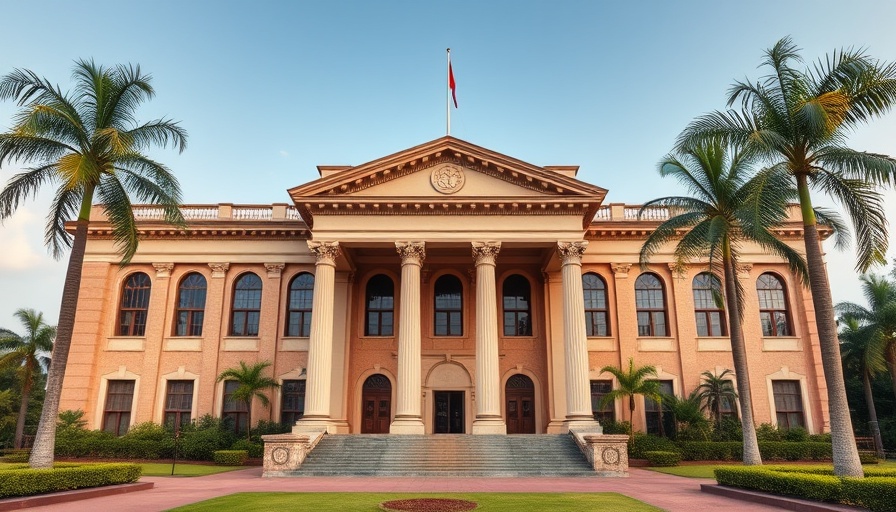
The Fight for Internet Access in Kenya
In a groundbreaking decision, the High Court of Kenya has prohibited major telecom companies including Safaricom and Airtel, as well as the nation’s communications regulator, from shutting down internet access. This ruling is a clarion call for digital rights in East Africa, asserting that connectivity is essential for social and economic participation.
Understanding the Case
Seven civil society organizations, including the Bloggers Association of Kenya and the International Commission of Jurists, are at the forefront of this legal battle. They are challenging both past and potential internet shutdowns that disrupt civic engagement and freedom of expression. Justice Bahati Mwamuye's ruling stands as a barrier against any unauthorized disruption of digital communication.
Unraveling the Implications
The implications of this case extend beyond government accountability; they touch on the very fabric of society, where millions of Kenyans depend on digital platforms for education, livelihoods, and information. The court has not only prohibited shutdowns but has also preserved all documentation related to previous internet disruptions for transparency in governance and accountability.
History of Internet Shutdowns
Kenya has seen severe internet disruptions during key moments, such as protests and examinations, which have raised substantial concerns about state power and freedom of information. Disruptions have often been justified under claims of maintaining order, yet they have silenced dissent and limited access to vital resources, particularly affecting those in education and activism.
Future of Connectivity and Digital Rights
This ruling is pivotal in shaping the future landscape of technology and digital governance in Africa. As African tech trends evolve, ensuring access to reliable internet is paramount for innovation, particularly in sectors such as fintech, AI, and blockchain. The outcome of this case could influence similar movements across the continent, pushing for the establishment of frameworks that protect digital rights and promote e-governance.
Call to Action
The next court hearing will take place on June 23rd. As this case evolves, it presents an opportunity for tech leaders, investors, and entrepreneurs to advocate for digital rights and consider how improved governance can foster a more inclusive future of technology in Africa. Join the conversation about the importance of protecting internet access and supporting movements that champion digital rights.
 Add Row
Add Row  Add
Add 


 Add Row
Add Row  Add
Add 

Write A Comment